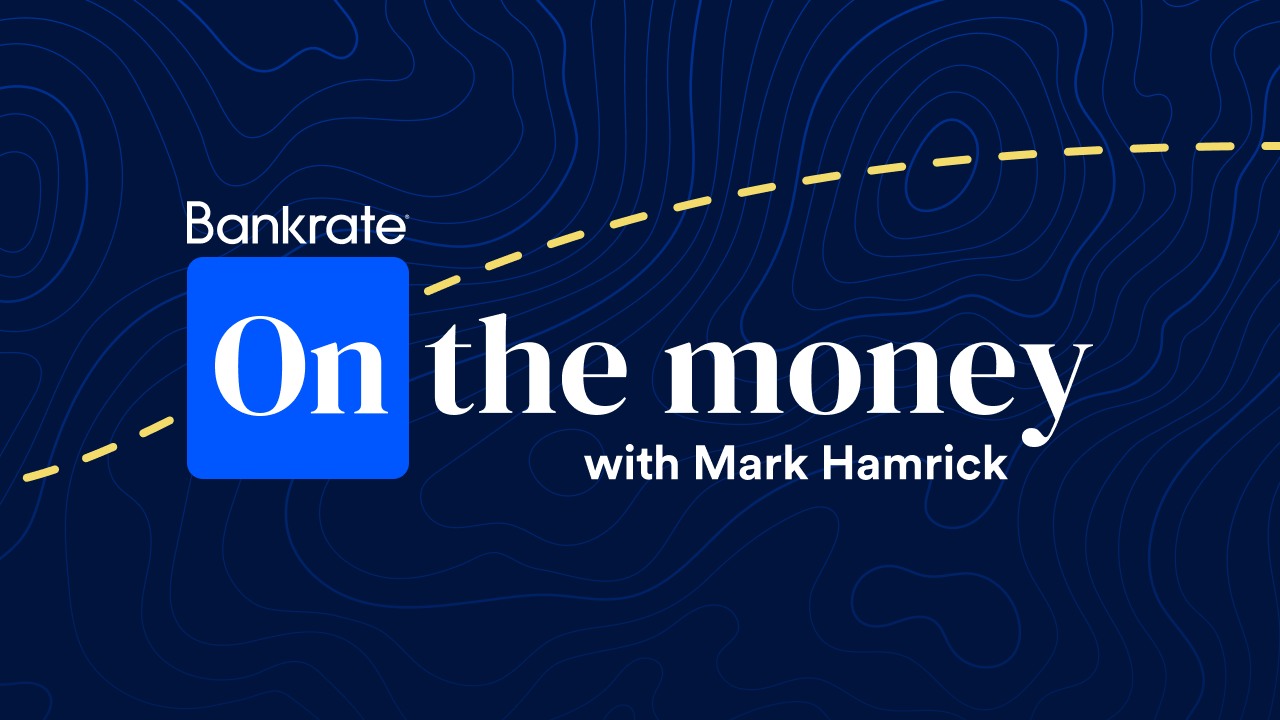‘On The Money’ with Mark Hamrick: Michelle Singletary on surviving your next big financial challenge

The impacts of the COVID-19 pandemic were a nightmare in many respects, including the impacts on Americans’ personal finances. In Mark Hamrick’s “On the Money” video interview with Michelle Singletary, syndicated columnist for The Washington Post, talks about lessons we can take to heart from the experience in managing money for the future. Readers have come to rely on her “The Color of Money” column for smart and understandable advice.
In the interview, Singletary notes that while she tackles complicated issues of race and her experiences as a Black woman, the column ultimately refers to the fact that money is green and that we all need to be able to manage it, “that it transcends everything” (1:51).
It was Singletary’s grandmother, nicknamed “Big Mama,” who taught her about the need to be smart with money, including the value of saving (2:46). When Singletary writes her column, she imagines that she’s having a conversation with her.
Now, she’s written a book titled “What to Do With Your Money When Crisis Hits: A Survival Guide.” Singletary explains that it can be used as a reference book to find specific information or solutions to problems when challenges occur (4:32), and that it need not be a heavy, burdensome read.
At Bankrate, we were so pleased when Singletary mentioned during the interview (without prompting) that she recommends people use the financial calculators at Bankrate.com to help figure out things like the benefits of paying off a credit card early (6:30).
Whether it is a pandemic, the financial crisis or a big storm, Singletary explains that we need not be fearful, but we do need to be prepared for the next financial challenge when it emerges (8:28). Ultimately, that means saving money in an emergency fund.
Why we ask for feedback Your feedback helps us improve our content and services. It takes less than a minute to complete.
Your responses are anonymous and will only be used for improving our website.
You may also like

Every American is losing money due to extreme weather. Here’s how.




